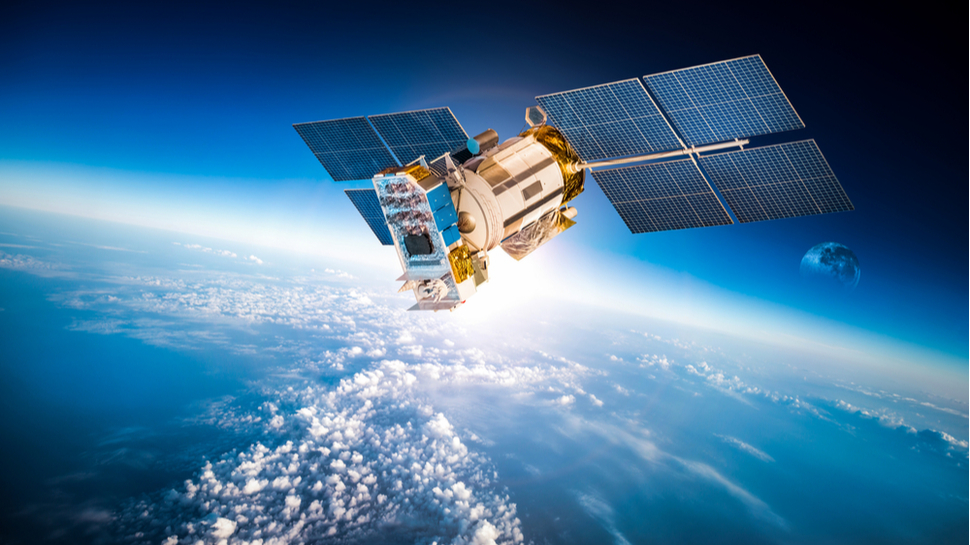Inmarsat and Viasat satellite merger faces UK and EU probes
Inmarsat and Viasat hoped to complete $7.3bn merger by mid 2022

Viasat’s proposed takeover of British rival satellite firm Inmarsat has been put on hold after UK and EU regulators launched separate investigations into the $7.3 billion transaction.
Both the European Commission (EC) and Competition and Markets Authority (CMA) have initiated probes to see what impact the combination would have on the market.
The parties had hoped to complete the takeover by the middle of 2022, but that target was missed.
Satellite connectivity
The CMA has said it will report back on its initial findings by October.
"Inmarsat notes the statement issued by the UK Competition and Markets Authority (CMA) relating to the company's planned combination with Viasat," said an Inmarsat spokesperson.
"The CMA review, with which we will cooperate fully, is taking place against a backdrop of satellite industry consolidation as Inmarsat and Viasat seek to create a global innovator that will safeguard UK space industry jobs and technology, while making significant investments to meet customer needs.
"The regulatory process on the Viasat-Inmarsat transaction remains on track and has secured approval in several key markets, including from the important Committee on Foreign Investment in the United States (CFIUS)."
Are you a pro? Subscribe to our newsletter
Sign up to the TechRadar Pro newsletter to get all the top news, opinion, features and guidance your business needs to succeed!
The two companies announced the “transformative” deal back in November, promising to combine expertise across the two companies to boost global connectivity, from the space satellites offered by Inmarsat to home broadband provided by Viasat, and everything in between.
Inmarsat currently offers a wide range of connectivity services via its 14-strong satellite fleet, including broadband, IoT connectivity and in-flight Wi-Fi.
Another UK-based satellite firm, OneWeb, is also in the process of merging with a foreign-based firm, Eutelsat.
The two companies hope that by combining their Low Earth Orbit (LEO) and Geostationary Orbit (GEO) assets, they will be able to offer converged connectivity to some of the most remote parts of the world, transforming consumer services, in-flight Wi-Fi, and industrial applications.
- Here are the best mobile phone deals
Steve McCaskill is TechRadar Pro's resident mobile industry expert, covering all aspects of the UK and global news, from operators to service providers and everything in between. He is a former editor of Silicon UK and journalist with over a decade's experience in the technology industry, writing about technology, in particular, telecoms, mobile and sports tech, sports, video games and media.